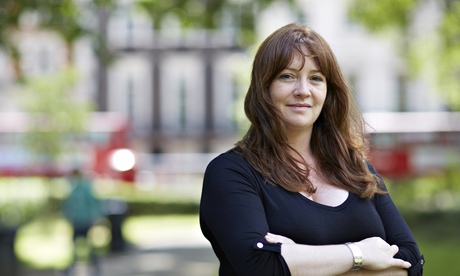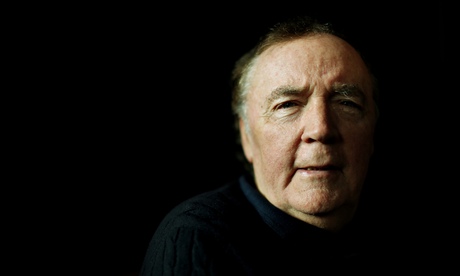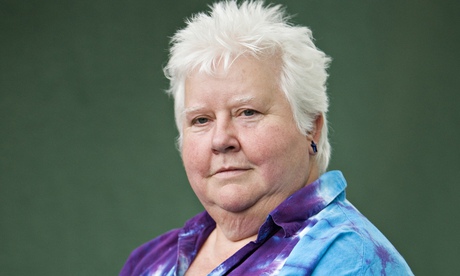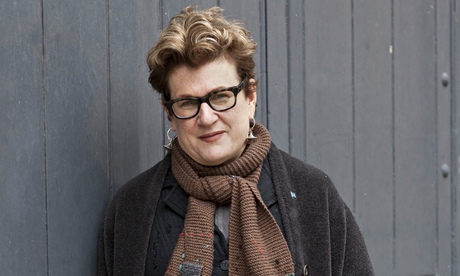The fiction factory run by the hyperprolific American novelist James Patterson is to increase productivity, he revealed this week. The extra titles, two to four a month, will be cheap page-turners labelled BookShots, all under 150 pages and so readable in one go. “You can race through these – they’re like reading movies,” he said.
While a mixture of evangelical motives (getting non-readers reading again) and commercial ones (flogging books to them) are discernible in the initiative, its most compelling aspect is the call to revert to the principles set out by Edgar Allan Poe in a much-quoted 1846 essay on fiction composition, including rigorous plotting and not being “too long to be read at one sitting” (otherwise “unity of impression” – above all, narrative tension – is lost).
Poe’s own pioneering efforts in crime-writing – mini-mysteries featuring Auguste Dupin, the model for Sherlock Holmes – naturally followed these rules, and his single-sitting decree was obeyed by successors such as Arthur Conan Doyle (the bulk of whose work of this kind consisted of short stories or novellas), Georges Simenon, Patricia Highsmith and Daphne du Maurier.
Even a century or so later, despite a trend towards more complicated plots and larger casts, the respective leaders in crime subgenres – Agatha Christie, Raymond Chandler, Ian Fleming – typically wrote novels of modest size, readable over a weekend if not at one sitting. However, in the years between Poe’s death and Conan Doyle’s emergence, Wilkie Collins initiated an alternative, wordier tradition defined by rejection of the former’s gospel – The Moonstone (1868) was not just fiction’s first police investigation but also the first full-size crime novel – and in recent decades it’s his disciples who have become dominant.
Long, multi-stranded books are the norm for bestselling crime writers such as Jeffery Deaver, Val McDermid, Ian Rankin and Karin Slaughter, and even longer thrillers are increasingly common. Various factors are involved in this rise in size, such as the incorporation of social-realist elements, but a rarely remarked cause is the way crime series now mimic soap operas. Whereas Holmes, Poirot and Marlowe had few recurring associates, if any, today’s sleuths are surrounded by teams, and each fresh instalment is fattened by updates on these supporting characters and their significant others.
Similar patterns can be seen in other novel forms, and across the board, victory has eventually gone to the Poe defiers. Many bestselling authors of the past 20 years have mostly written bulky books, usually in series – EL James, Stephen King, Stieg Larsson, Hilary Mantel, George RR Martin and JK Rowling.
The BookShots scheme sounds like a call to revolt against this reign of obesity, and significant numbers of weary, eye-strained, time-poor readers may be willing to rally to Patterson’s “Back to Poe” banner – even though it also means, rather paradoxically, still more books authored or co-authored by him pouring out into the world each month.











